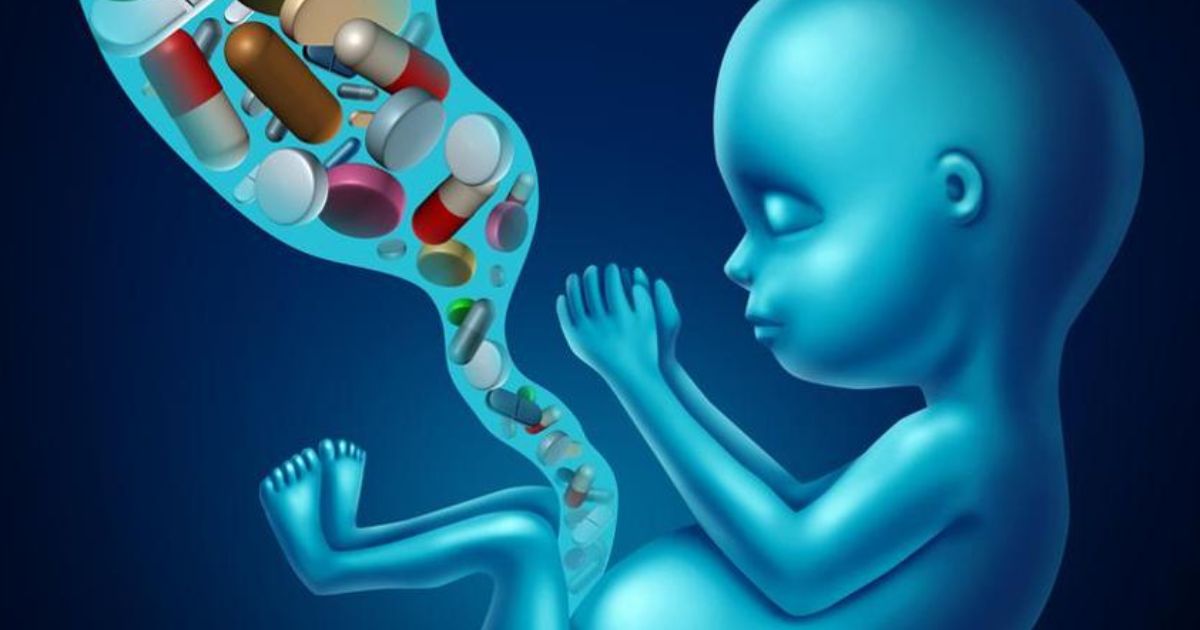Mental Health News: A new study published in the journal Family Medicine found that 87% of incoming medical students during their first year of school reported a high or very high degree of imposter syndrome, which indicates increasing levels of distress.
Imposter syndrome is an experience that occurs in an individual where he feels not as competent or adequate as others perceive him to be. Dr. Rosenthal and her colleagues examined imposter syndrome using a validated survey tool called the Clance Imposter Phenomenon (IP) Scale.
Of the 257 students who completed the survey, 87% of them reported high levels of imposter syndrome and were more likely to show an even higher degree of imposter syndrome at the end of their first year. These students also scored less on self-compassion, sociability, self-esteem and high on neuroticism/anxiety.
Imposter syndrome is a serious mental health challenge to many students throughout higher education. It is often associated with anxiety, depression, low self-esteem and self-sabotage, and other traits.
The study findings clearly indicate future risk for experiencing psychological distress during medical school. “Distress and mental health needs are critical issues among medical students,” says Susan Rosenthal, MD, lead author of the study.
According to researchers, students need proper academic support, collaborative learning, mentoring, individual counseling with faculty, and group discussions with peers. It will normalize the distorted and maladaptive self-perception in students with imposter syndrome.
To Know More, You May Refer To
Susan Rosenthal, Yvette Schlussel, Mary Bit Yaden, Jennifer DeSantis, Kathryn Trayes, Charles Pohl, Mohammadreza Hojat. Persistent Impostor Phenomenon Is Associated With Distress in Medical Students. Family Medicine, 2021; 53 (2): 118 DOI: 10.22454/FamMed.2021.799997




























Leave a Reply
You must be logged in to post a comment.